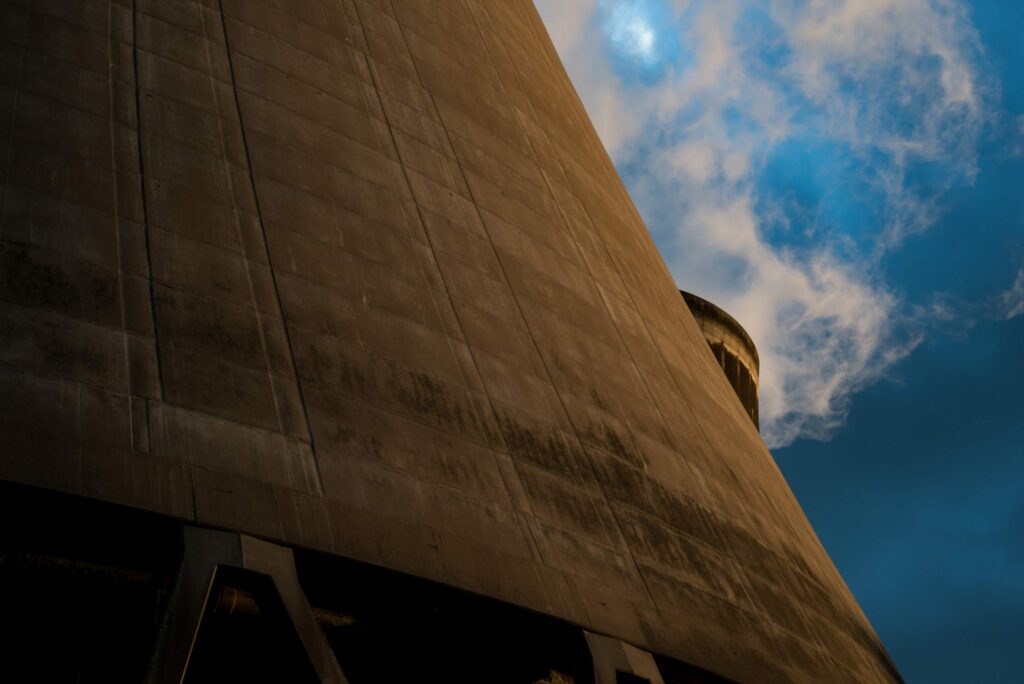National Grid ESO has again called off its contingency coal units, after a request from France for additional capacity was withdrawn.
Late on 25 January, the operator issued a BM Start-Up Instruction to three coal units, instructing them to warm ahead of the evening peak today (26 January).
This followed the French system operator RTE asking National Grid ESO for assistance, as its expected generation for today and tomorrow is expected to be lower than normal due to EDF worker strikes over planned pension reforms impacting nuclear and hydropower output.
The ESO decided to warm the contingency coal units as it was not able to use alternative options to provide MEs of support to France via its interconnectors, it noted.
“In support of mutual cooperation between Great Britain and its neighbouring electricity networks the ESO answered France’s request for additional GB generation to be able to provide assistance today if required by warming the contingency coal units,” a spokesperson for National Grid ESO said.
“The ESO was able to take this action to support the French network in avoiding consumer disconnections, as the GB network is currently operating as normal and this action would not have placed GB consumers at risk. Following further assessment of network margins in both countries the ESO has now stood down these coal units.”
The three units which began the warming process were DRAXX-5 with an estimated capacity of 570MW, DRAXX-6 with an estimated capacity of 570MW and WBUPS-2 with an estimated capacity of 400MW.
This is the third time National Grid ESO has begun the process of warming its contingency coal units this winter, but is yet to actually use the additional capacity. The operator previously warmed the units ahead of expected tight margins on 23 January and 12 December – both of which periods saw Britain experiencing particularly cold weather.
The use of the coal units is the last ‘Enhanced Action’ – along with the use of its new Demand Flexibility Service which has seen more than ten tests as well as its first live event – open to the operator ahead of having to resort to emergency measures. These were set out by the ESO at its Autumn Markets Forum in September.
The cost of these contracts, with Drax, EDF and Uniper which National Grid ESO signed earlier in the year to give an additional 2.5GW of buffer capacity, are set to cost between £340 million and £395 million, subject to the procurement and use of the coal.





